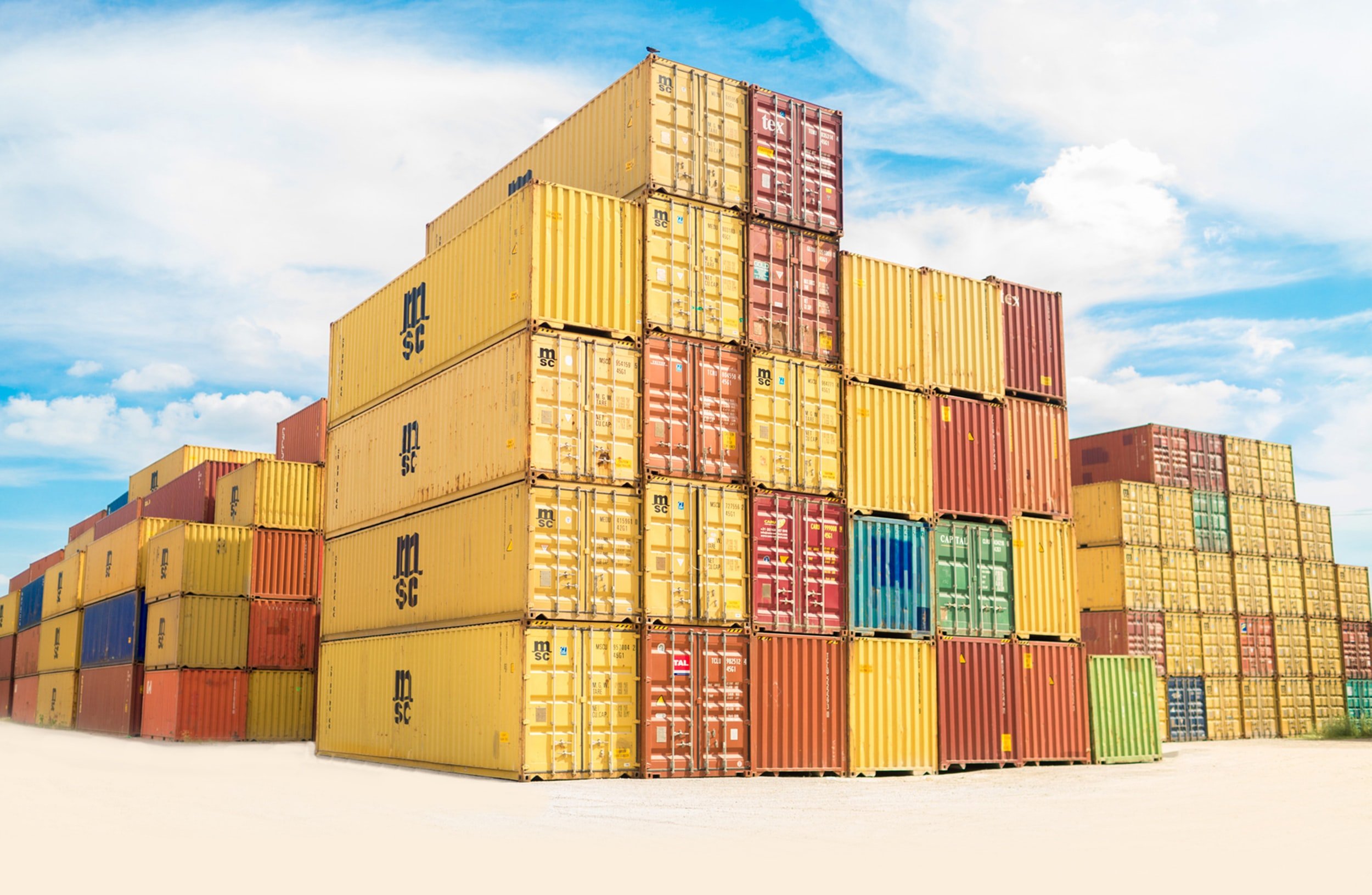Co-Creating Solutions to Increase Trade Competitiveness in East Africa
Stakeholders say that increasing competitiveness requires solving problems in four key areas: sanitary and phytosanitary standards (SPS), logistics, seed, and agrochemicals.
Regional agricultural trade in East Africa is declining, despite decades of government, private sector, and donor investment. If historical trends continue, the trade of certain commodities—especially maize and other cereals—will decline significantly. This is because demand—driven by population growth—is outstripping productivity gains, reducing tradable surpluses across the region. High trading costs and cross-border trade barriers further constrain trade.
Understanding and resolving these issues is a priority for USAID. It is also the focus of Policy LINK’s Africa East Africa buy-in, which explores alternative approaches to boosting agricultural value chain competitiveness and increasing intra-regional trade using a mix of analysis and stakeholder engagement.
Stakeholders say that increasing competitiveness requires solving problems in four key areas: sanitary and phytosanitary standards (SPS), logistics, seed, and agrochemicals. To that end, Policy LINK has established a task team for each focus area. Driven by the private sector, each task team serves as a multi-stakeholder platform for diagnosing problems and designing solutions that leverage stakeholder expertise, resources, and networks.
In March and April 2022, Policy LINK convened a series of task team meetings and writeshops on seed, logistics, agrochemicals, and SPS (the latter in partnership with the East African Grain Council). The Seed Writeshop focused on the root causes of seed sector issues, including a weak investment environment and ineffective seed distribution models. The Logistics Writeshop, meanwhile, zeroed in on the lack of backhaul in the region, while SPS meetings explored the importance of effectively managing food safety along the agricultural value chain.
Across problem areas, consistent themes emerged. Stakeholders stressed that private-sector leadership and industry self-regulation can offer much-needed solutions in areas ranging from extension services to seed certification to compliance. Connecting industry players is also key. Stakeholders also emphasized the importance of ICT solutions—for market information systems, extension services, and e-logistics, among other areas—in transforming the sector.
Policy LINK is now refining these emerging solutions. The idea is to leave market actors with well-defined solutions, grounded in a common understanding of problems, that can be separately or jointly implemented to solve the region’s critical trade challenges.

